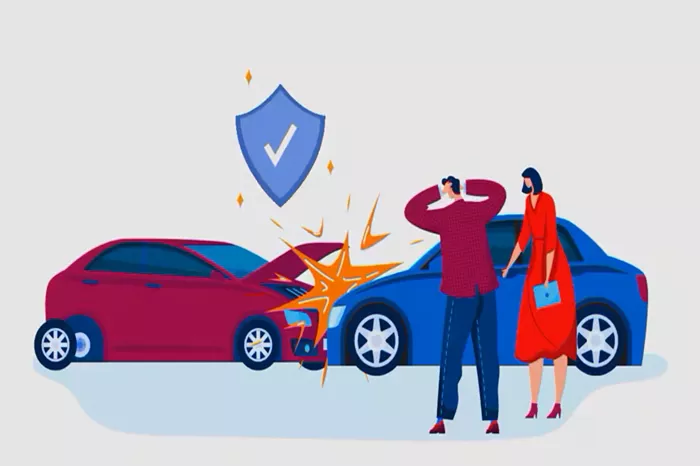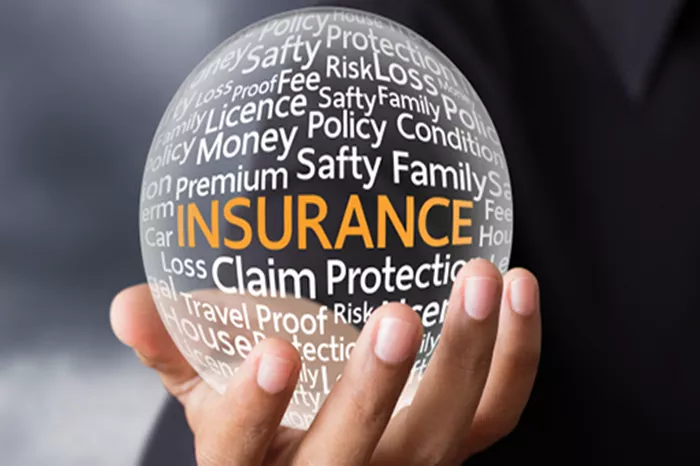Class B RVs are quickly becoming one of the most popular types of recreational vehicles on the road. They are compact, easier to drive than larger RVs, and packed with modern features that make them perfect for both weekend getaways and extended trips. But whether you’re a seasoned RV traveler or just getting started, one thing remains clear—your Class B RV needs proper insurance.
Many people don’t realize that RV insurance is very different from standard car insurance. While Class B RVs may look like large vans on the outside, they serve as both a vehicle and a home on wheels. This unique combination means that insurance must cover more than just driving—it needs to protect everything inside, too.
In this article, we will explore what Class B RV insurance covers, what affects its cost, and how to choose the right policy for your needs. Everything is explained in plain language to make sure you understand every part of your coverage.
Let’s start by understanding what exactly a Class B RV is.
What Is a Class B RV?
A Class B RV is also known as a camper van. It is built on a van chassis and usually includes a raised roof to allow for more headroom. Unlike large Class A or Class C motorhomes, Class B RVs are smaller and more agile. Many models include:
A small kitchen
A bathroom with a toilet and shower
Sleeping space for two or more
Seating and dining areas
Built-in storage and appliances
Because of their size and features, Class B RVs offer a balance between comfort and convenience. You can park them in a regular driveway or take them through city streets more easily than larger RVs.
Even though they’re smaller, they still represent a big investment. Most new Class B RVs cost between $70,000 and $150,000, and some luxury models can cost even more. That’s why proper insurance is not just a smart idea—it’s a must.
Why You Need Specialized Insurance for a Class B RV
Some people assume their auto insurance will cover their camper van. But that’s not always true. Regular car insurance may only provide basic liability and won’t cover the living space, personal belongings inside, or the appliances.
Class B RV insurance is designed to protect both the driving and the living parts of your RV. It includes coverage that is more similar to homeowners insurance than auto insurance in some ways.
With specialized insurance, you get protection for:
Accidents on the road
Theft of the RV or its contents
Fire and storm damage
Medical expenses after an accident
Liability when the RV is parked and used as a home
Without the right insurance, a single event could cost you thousands—or even leave you without your RV.
What Does Class B RV Insurance Typically Cover?
Now, let’s break down the different types of coverage you might find in a typical Class B RV insurance policy.
Liability Coverage
This is usually required by law. It pays for damage or injuries you cause to other people or their property in an accident. For example, if you hit another car or cause an injury, this coverage helps pay for the damages and legal costs.
There are two parts:
Bodily injury liability: Covers medical expenses for people you injure.
Property damage liability: Covers repairs to another person’s car or property.
Collision Coverage
This covers damage to your own RV if you’re in an accident, no matter who is at fault. Whether you hit a tree, another car, or a pole, this part of your policy helps pay for repairs or replacement.
Comprehensive Coverage
Comprehensive insurance pays for damage from things other than collisions. This includes:
Theft
Vandalism
Fire
Flooding
Hail
Falling objects (like a tree limb)
This coverage is especially important for Class B RV owners who park in nature areas or leave the RV unattended for long periods.
Personal Belongings Coverage
Class B RVs often carry many valuable items, including clothing, electronics, cookware, and tools. This coverage protects your belongings inside the RV if they are damaged or stolen. Some insurers limit the amount they will cover, so it’s good to ask for extra protection if needed.
Medical Payments or Personal Injury Protection (PIP)
This pays for medical bills for you and your passengers after an accident, no matter who is at fault. It may also cover lost wages or funeral costs in severe cases.
Uninsured or Underinsured Motorist Coverage
If another driver hits you and they don’t have insurance (or not enough), this coverage helps pay for your medical expenses and RV repairs. It’s especially important because not everyone follows insurance laws.
Vacation Liability Coverage
This kicks in when you’re parked and using your RV as a home, such as at a campground. If someone trips on your steps or gets hurt while visiting, this coverage can help pay for their medical bills or legal claims.
Full-Timer Coverage
If you live in your Class B RV year-round, you’re considered a full-timer. Regular insurance may not be enough. Full-timer coverage adds more protection, similar to homeowners insurance, such as personal liability and storage coverage.
Roadside Assistance
Class B RVs can break down just like any vehicle. Roadside assistance helps with towing, flat tires, fuel delivery, and other emergency needs while traveling.
Total Loss Replacement or Agreed Value
Some policies offer extra protection if your RV is totaled. Instead of paying only what the RV is worth today (which can depreciate), the insurer will either replace it with a new one or give you a pre-agreed amount.
How Much Does Class B RV Insurance Cost?
The cost of insurance depends on many things. On average, you can expect to pay between $800 and $2,500 per year for Class B RV insurance. Some people pay less, especially if they only use their RV occasionally or have a clean driving record.
Let’s look at the main factors that affect the price:
The Value of Your RV
Newer or luxury Class B RVs cost more to insure because they are more expensive to repair or replace.
How Often You Use It
If you use your RV only on weekends or during summer, you’ll likely pay less. Full-time RV users pay more because the RV is always in use and exposed to more risks.
Where You Live and Travel
People who live in areas with high crime, heavy traffic, or extreme weather may pay more. Also, if you plan to travel across the country or into Canada or Mexico, your policy might need to include international coverage.
Your Driving Record
If you’ve had accidents, tickets, or past claims, your premium may go up. A clean driving history can lead to lower rates.
Your Age and Experience
Older drivers with more experience tend to get lower rates. Younger drivers or those new to RVing may pay more.
Deductibles and Coverage Limits
A higher deductible usually means a lower monthly premium. But you’ll have to pay more out of pocket if something goes wrong. Choosing lower limits may save money but could leave you underinsured.
Extra Features and Customizations
If your RV has added features like solar panels, bike racks, or upgraded interiors, you’ll need to list those in your policy. They increase the value and will affect your rate.
Tips for Getting the Best Insurance Policy
Here are a few simple tips to help you get the right Class B RV insurance without overpaying:
Shop Around: Don’t take the first quote you get. Compare prices and coverage from different companies.
Bundle Your Policies: If you have home, car, or motorcycle insurance, ask if you can bundle them with your RV policy for a discount.
Ask About Discounts: Many insurers offer savings for safe driving, low mileage, installing anti-theft devices, or being a member of an RV club.
Review Your Policy Every Year: As your RV ages or your usage changes, you might be able to adjust your coverage and save money.
Choose the Right Deductible: Make sure your deductible fits your budget in case of a claim.
Document Everything: Keep receipts and records of any upgrades or custom work you do on your RV. This helps if you need to file a claim.
When Should You Get Insurance?
You should get RV insurance before you take your vehicle on the road. In fact, most states require you to have liability coverage at a minimum. If you are buying a new or used Class B RV from a dealer, they may not let you drive it off the lot without proof of insurance.
Even if you’re just storing the RV for the winter, you may still want coverage. Comprehensive-only policies are available for storage months to protect against theft, fire, and weather damage.
Conclusion
Class B RV insurance isn’t just about following the law—it’s about protecting your investment and your peace of mind. Whether you take short weekend trips or live on the road full-time, the right policy gives you the freedom to enjoy your journey without worry.
Related topic:
What Is American General RV Insurance and How Does It Protect You?
What Do You Need to Know About RV Insurance in Newfoundland?






















